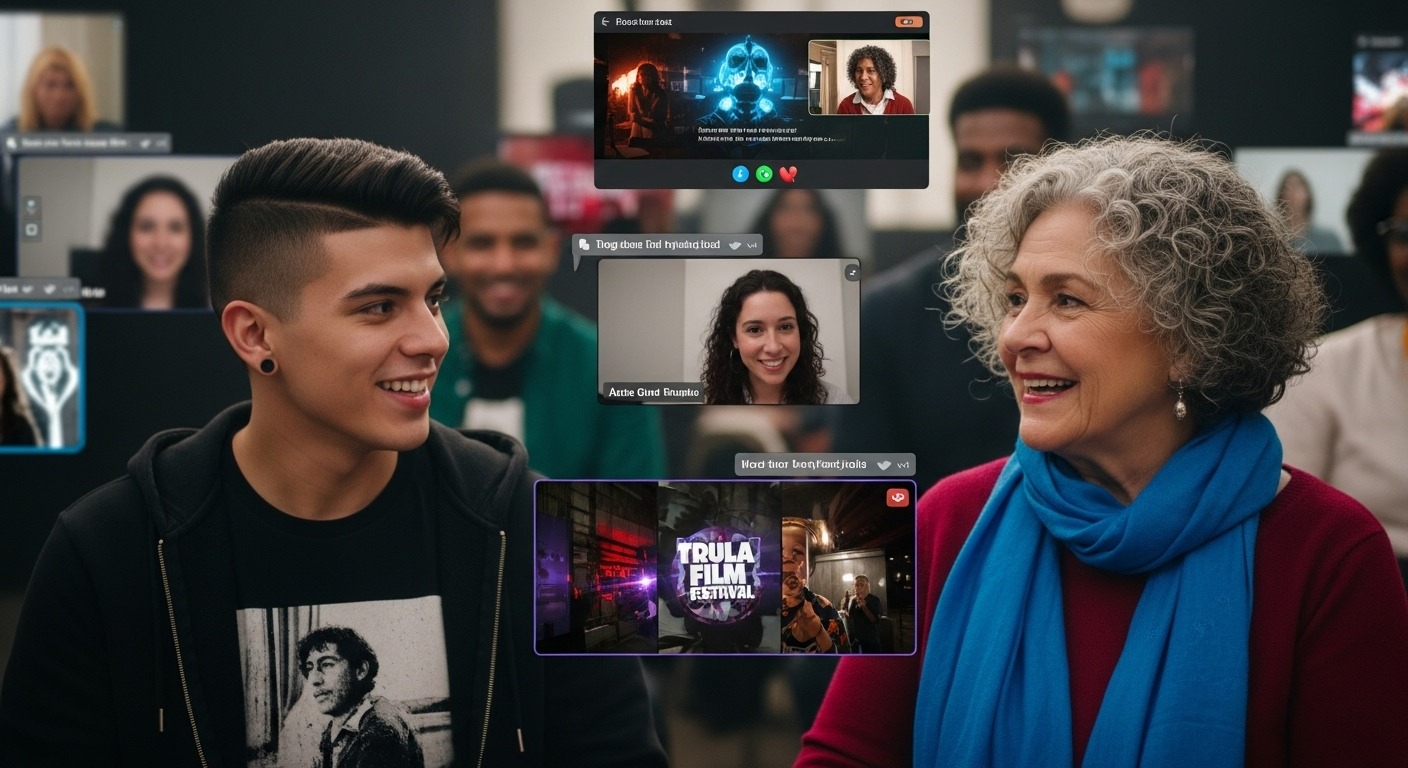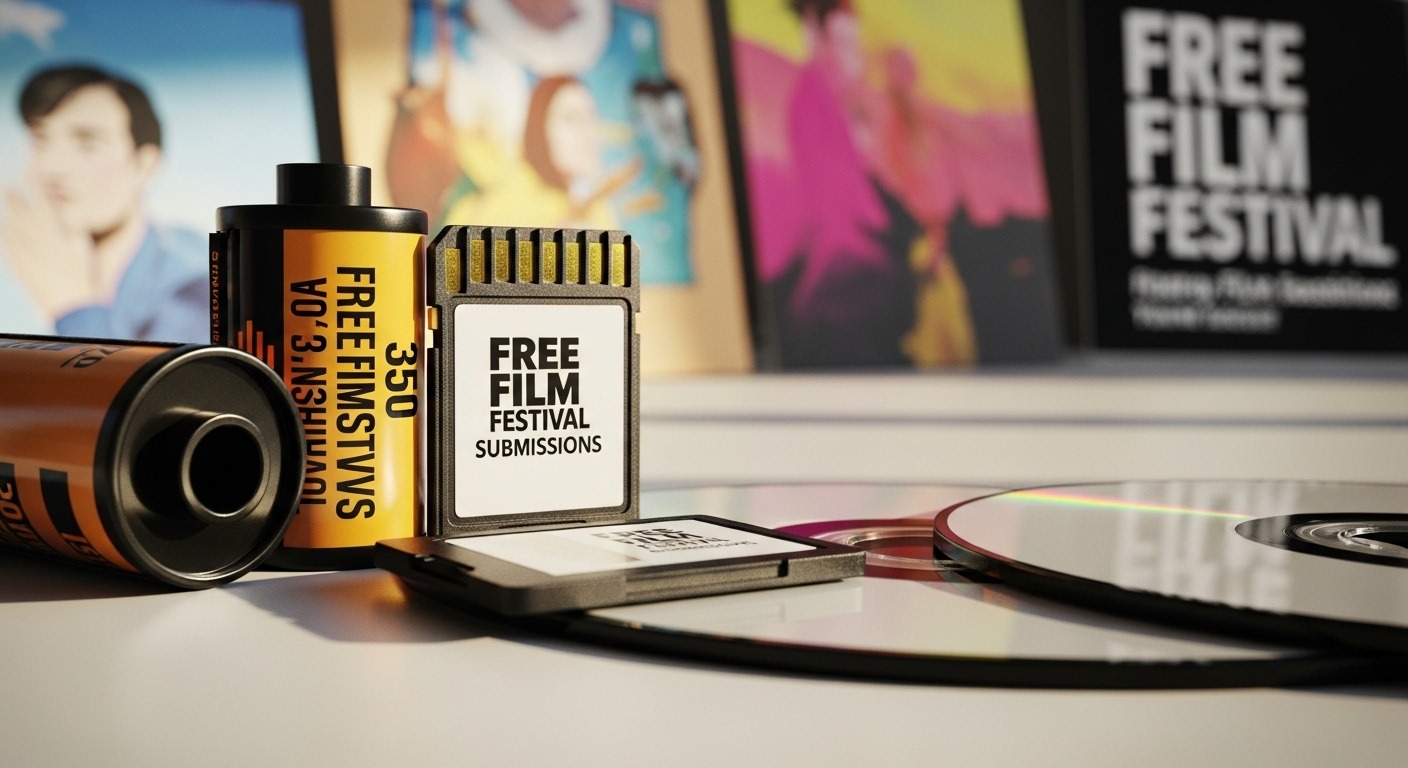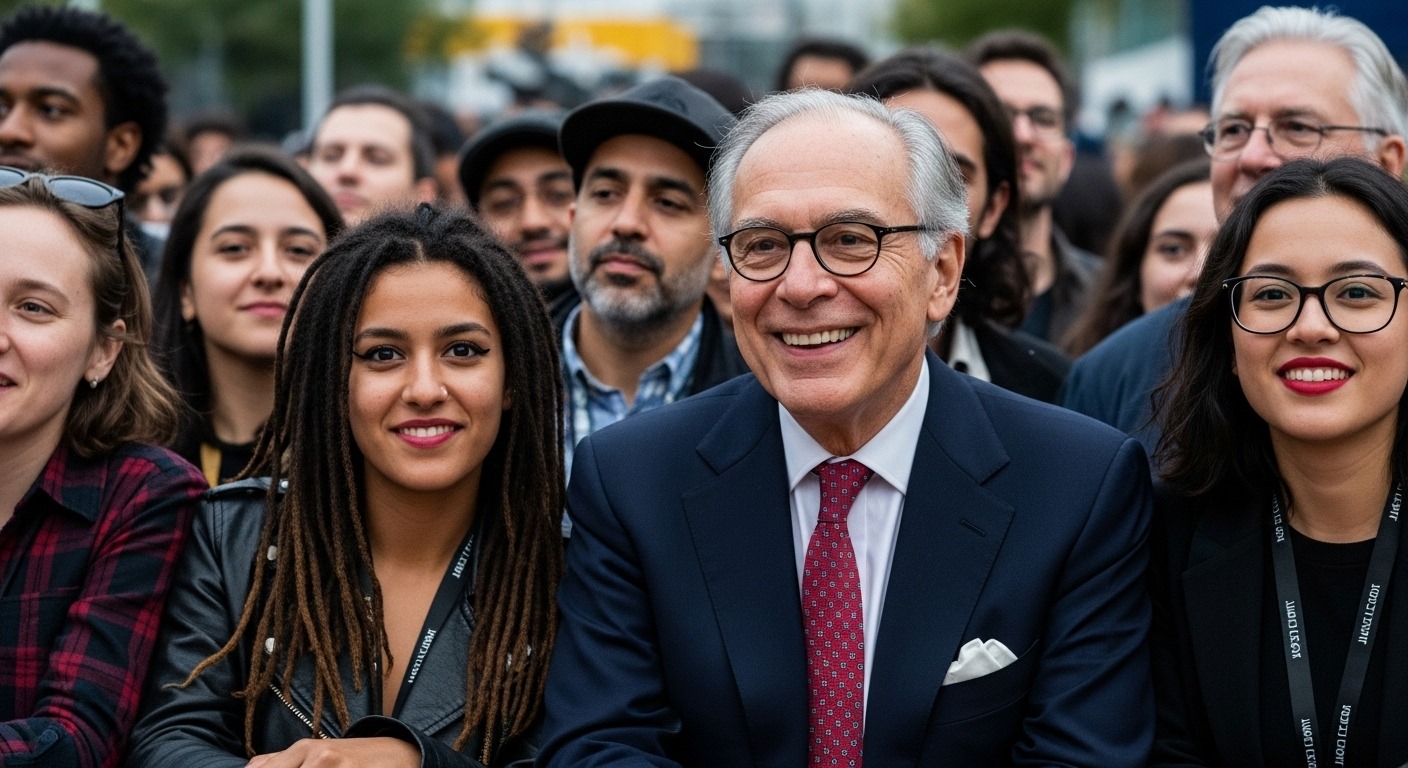I was living the kind of life most aspiring filmmakers only dream about. My name is Jonathan Harrington, a seasoned director and screenwriter with industry accolades, a network of A-list connections, and a portfolio that had already secured multimillion-dollar deals.
I had a home in Beverly Hills, an exotic car collection, and a production company with offices overlooking the Pacific Ocean. My wife, Elizabeth, and I enjoyed the best that life had to offer—private premieres, red carpet events, and exclusive meetings with executives from Hollywood’s most powerful studios.
But in the film business, success is fragile. One wrong move, one misjudged handshake, and you can lose everything.
It all started when I developed a concept that I knew would be a blockbuster. It had all the elements—an award-winning script, a compelling protagonist, and an innovative storytelling approach that had never been done before.
The moment I finalized the script, I knew it was my golden ticket, the kind of film that would bring in box office numbers in the hundreds of millions. I was prepared to present it to a top-tier studio, confident that my reputation and experience would protect my work.
What happened next destroyed me.
The studio executives sat in front of me, nodding in excitement as I pitched my heart out. I walked them through the narrative, the cinematography, the marketability of the film, the potential for international distribution, and even the merchandising opportunities that would arise from its success. They asked all the right questions, showed genuine enthusiasm, and even assured me that a deal was imminent.
But then, silence.
Weeks passed. My calls went unanswered. My emails were ignored. And then, one morning, I woke up to a nightmare headline—a major studio had announced a new film in development. A film with my exact storyline. My characters. My intellectual property. They had taken my idea, rebranded it, and locked me out entirely.
I had no contract. No legal recourse. No percentage of the profits.
I was left with nothing.
Before my world came crashing down, I was at the peak of my career. I wasn’t just a filmmaker—I was a power player in the industry, someone who could walk into a meeting with a studio head and leave with a multimillion-dollar deal. My name carried weight in Hollywood, and my past successes meant that investors were eager to back my projects.
Life was more than good. It was luxurious, effortless, and filled with opportunities that most people could only fantasize about. My wife, Elizabeth, and I lived in a $15 million mansion in Beverly Hills, complete with an infinity pool overlooking the Los Angeles skyline. My garage was home to a custom Rolls-Royce Phantom, a Ferrari 812 Superfast, and a vintage Aston Martin—because, why not?
I had it all. Passive income from film royalties, lucrative licensing deals, and investment portfolios that ensured financial security for generations. We took first-class flights to Cannes, attended exclusive after-parties with Hollywood’s elite, and dined in Michelin-starred restaurants without a second thought.
But beyond the wealth, what mattered most to me was my creative legacy. I wasn’t in this business just for the money—I was in it to tell stories that mattered, stories that could break box office records and redefine cinema.
And this film—the one that would later be stolen—was going to be my greatest work yet.
The Perfect Idea Meets the Perfect Opportunity.
The concept came to me like lightning, and I knew immediately that it had the potential to be a franchise, not just a one-off hit. It was the kind of film that would dominate both domestic and international markets, secure streaming rights deals worth hundreds of millions, and generate long-term revenue through merchandising and brand partnerships.
I spent months refining the script, hiring the best legal and financial advisors, and putting together a business plan that would guarantee a return on investment.
I knew this pitch would be different. Unlike my previous projects, where I worked with mid-sized production houses, this time I was going straight to the top. A major Hollywood studio had shown interest in my work before, and they were actively looking for their next blockbuster.
I scheduled the pitch meeting, gathered my intellectual property agreements, investment forecasts, and pre-visualized storyboards, and walked into the boardroom prepared to secure the biggest deal of my career.
I believed that success was inevitable.
What I didn’t know was that I was about to make the biggest mistake of my life.
The Fatal Errors That Cost Me Everything.
Looking back, I realize I made three critical mistakes—mistakes that turned my golden opportunity into financial ruin.
First, I trusted the wrong people.
I believed that my status and reputation in the industry would protect me. I assumed that a handshake and verbal agreements meant something in Hollywood. I was wrong. I should have insisted on a Non-Disclosure Agreement (NDA) before even walking into that meeting. Instead, I openly shared my ideas, my vision, my hard work—without any legal barriers to prevent them from stealing it.
Second, I failed to secure a contract before pitching.
I was so confident in the project’s success that I assumed a deal was inevitable. I didn’t have a written agreement stating that if the studio passed on my film, they couldn’t develop something similar without compensating me. No contract. No ownership. No protection.
Third, I underestimated corporate greed.
The film industry isn’t built on fairness—it’s built on power and leverage. These studios had teams of entertainment lawyers, financial analysts, and corporate strategists whose job was to maximize profits. And in their calculations, cutting me out entirely was more profitable than paying me what I was worth.
Watching My Own Film Get Made Without Me.
At first, I thought it was a coincidence. When I saw the announcement of a “new” film in development, I told myself it couldn’t possibly be the same idea. But then, the plot details leaked, and my stomach dropped.
They had stolen everything.
The storyline, the character arcs, even the marketing strategy—it was all mine. They had changed just enough details to avoid direct legal action, but it was unmistakable.
I reached out to my contacts. Calls went unanswered. Emails ignored. Meetings “postponed indefinitely.” The industry had closed ranks around me, and the message was clear: I had been erased.
And when the film hit theaters?
It was a massive success.
Hundreds of millions in box office revenue. Streaming rights sold for a record-breaking sum. Merchandise deals, sequel announcements, award nominations.
And me?
Not a single cent.
The Fall from Grace.
The financial fallout was brutal. My production company, once thriving, collapsed under the weight of legal fees and lost opportunities. Investors pulled out, unsure if they could trust me to protect their money. My name, once respected, was now whispered in hushed tones—not as a visionary, but as a cautionary tale.
My luxurious life disappeared overnight. The Beverly Hills mansion? Sold to cover debts. The exotic cars? Liquidated. The exclusive events, the A-list connections, the limitless opportunities—they were gone.
And the worst part?
I had to sit back and watch someone else take credit for my work. My name was wiped from history, replaced with corporate executives and their team of “visionaries.”
I went from being a Hollywood insider to a blacklisted filmmaker, unable to secure funding or even get a meeting with a mid-tier studio. No one wanted to associate with a man who had been publicly outmaneuvered.
But I refused to let this be the end of my story.
Instead, I took the hardest lessons of my life and turned them into a blueprint for survival.
5 Lessons Every Filmmaker (and Entrepreneur) Must Learn.
1. Always Protect Your Intellectual Property.
If you have a groundbreaking idea, never share it without legal protection. Register your script with the Writers Guild of America (WGA), file for copyright and trademark protections, and insist on NDAs and contractual agreements before revealing anything.
A handshake means nothing in business. Paperwork is everything.
2. Never Trust Verbal Agreements.
Hollywood—and the business world in general—is built on written contracts. A verbal promise is worthless when millions (or billions) are at stake. If a deal isn’t in writing, it doesn’t exist.
3. Have a Lawyer Present in Every Major Meeting.
When you’re dealing with executives, they have teams of legal professionals working against you. You need your own. A lawyer isn’t an expense—it’s a financial shield that could save you from ruin.
4. Retain Ownership of Your Work.
If a company wants to buy your idea, structure the deal so you still retain some level of control—whether it’s through producer credits, backend points, or licensing agreements. The biggest mistake you can make is selling all your rights for a one-time paycheck.
5. Understand That Success Doesn’t Guarantee Safety.
I thought my wealth, reputation, and experience would protect me from being taken advantage of. I was wrong. It doesn’t matter how successful you are—if you don’t protect yourself, the industry will chew you up and spit you out.
The Road to Redemption.
I won’t lie—this experience nearly broke me.
But I refused to let it define me. I’ve spent years rebuilding, investing in tech startups, alternative revenue streams, and new creative ventures where I control the rights. I mentor young filmmakers, teaching them how to navigate the business side of Hollywood so they never experience what I did.
My name may not be on that blockbuster film, but I’m still standing.
And next time?
I’ll be the one in control.
Story by: Jonathan Harrington
Would you like me to refine or expand any part of the story?

I am a highly experienced film and media person who has a great deal to offer to like-minded individuals. Currently working on several exciting projects, I am a film and media practitioner for over a decade. I have achieved a great deal of success in my professional career.





